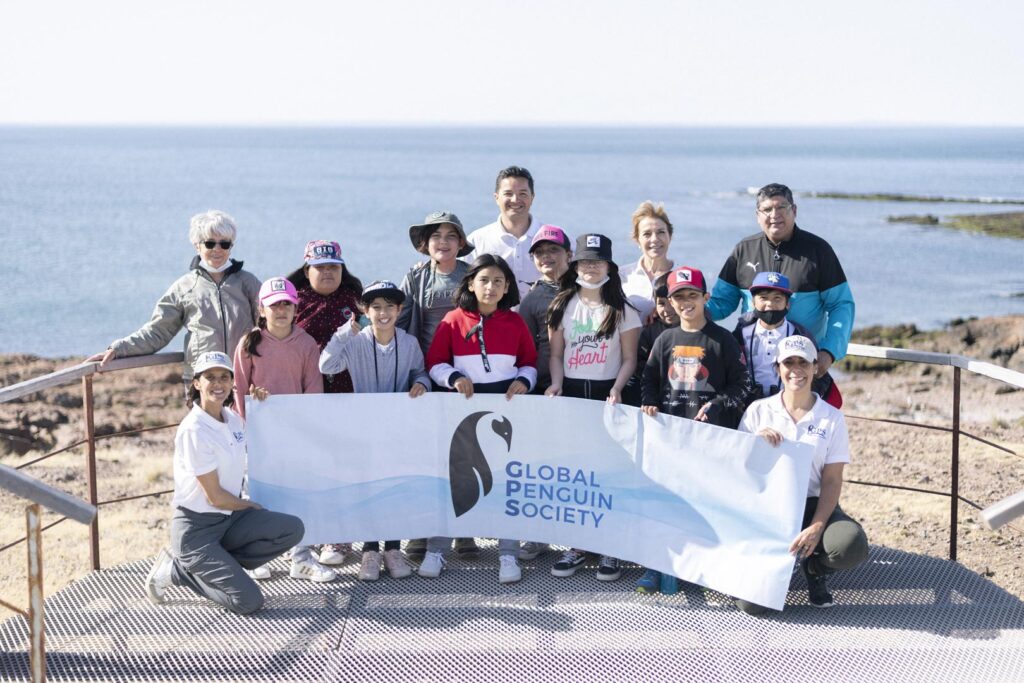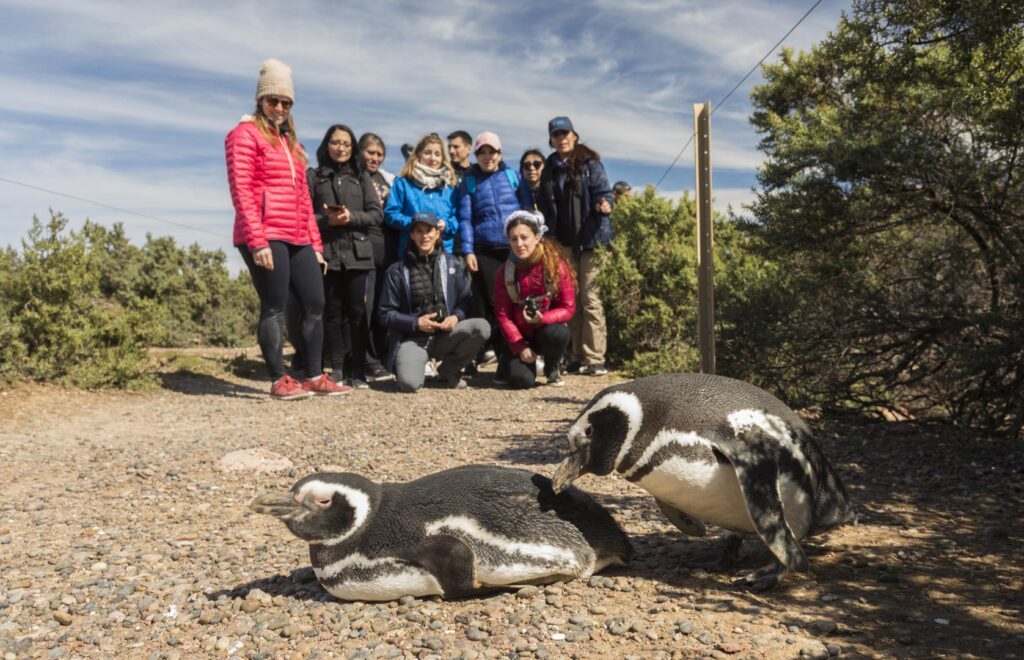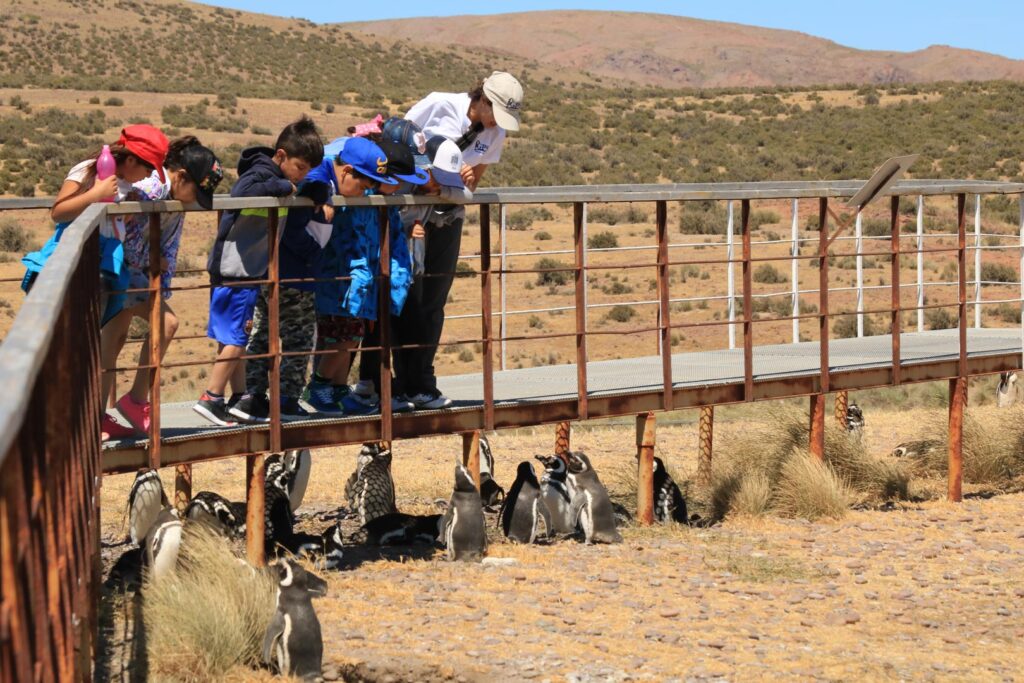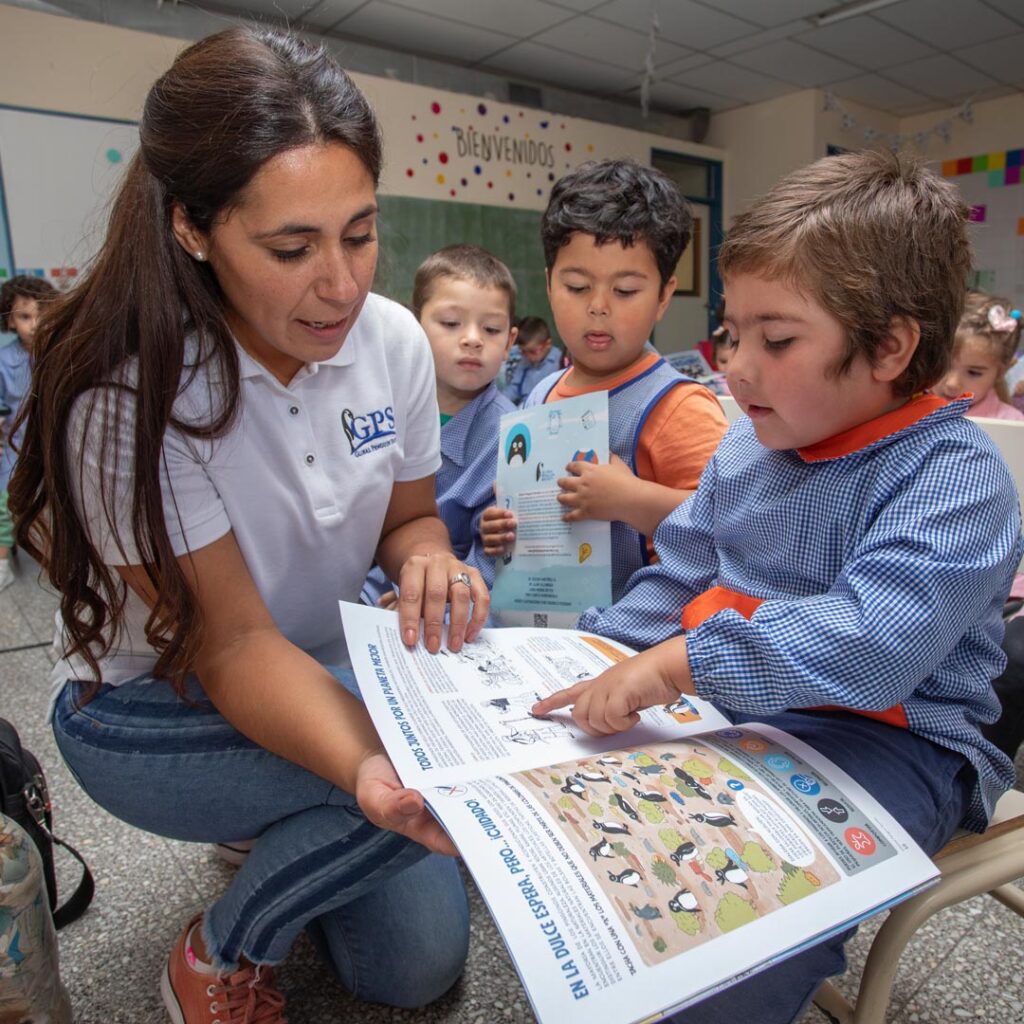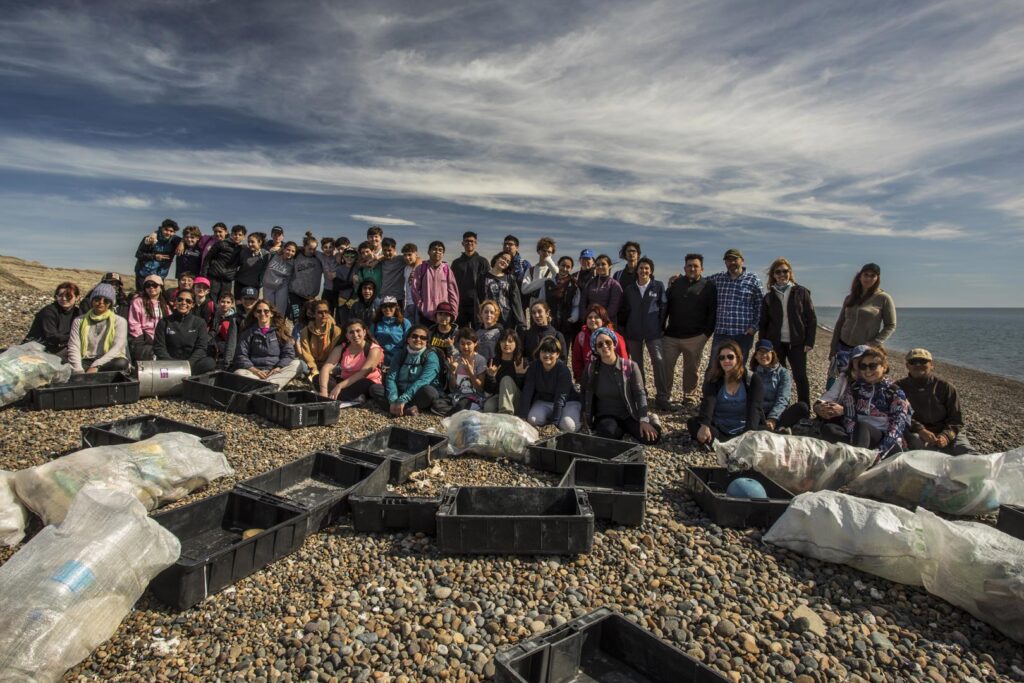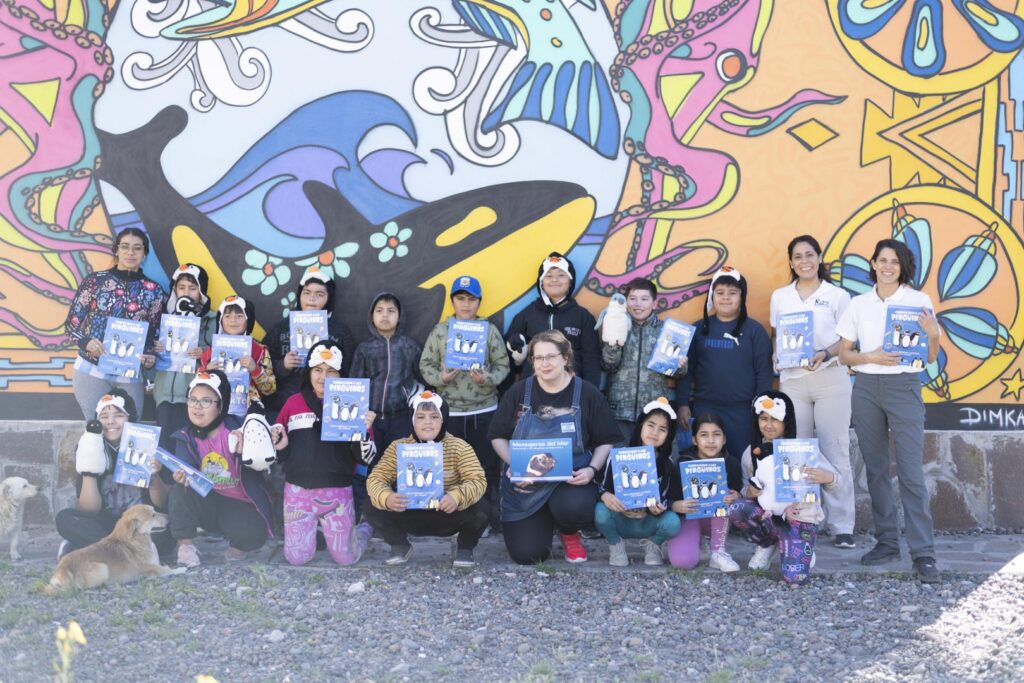Global Penguin Society
Involving the communities in conservation and awareness efforts to protect the penguins in Patagonia
The Global Penguin Society (GPS) is an international organisation dedicated to the conservation of all penguin species and their associated ecosystems. Located in Argentina they operate all over the world. It is a science-based coalition promoting conservation by working with local communities, government, land managers, and conservation scientists.
Penguins are amongst the most iconic and beloved creatures on the planet. Nevertheless, we are living in an age of unprecedented alterations to marine systems and penguins are particularly impacted – half of the penguin species are threatened. Penguins feed in the ocean and breed on land, facing threats in both realms on both the local and global level. In the ocean, climate change, pollution, and overfishing affect them, while on land, they are impacted by habitat degradation and human disturbance. Because of this, their conservation requires both large-scale conservation action and focused local efforts.
Our project with Global Penguin Society is located in Patagonia and focuses on the most emblematic seabird species in the area, the Magellanic penguin (Spheniscus magellanicus) and on the communities that live nearby. GPS actively works in several colonies in Patagonia, matching conservation and awareness efforts. They monitor the penguins population, human disturbance and threats in the area but also work massively with local communities and schools near colonies so that the next generation will better value penguins. Our projects will involve 330 kids from eleven schools from 4 different locations to visit penguin colonies. The activities include pre-trip talks and training courses for teachers. 4,000 copies of educational booklets will be printed and distributed for free. The communities will benefit from lectures adapted to the audience: tour guides, conservation agents, wardens, students, authorities, and members of the public. An annual beach clean-up will be held before penguins arrive to their colonies to involve the community (ca. 100 adolescents) and welcome the penguins from their winter migration to nest. The garbage collected is classified and quantified for monitoring and educational purposes before being transported to a nearby recycling facility.
In addition, through our project, GPS will work with the government on the creation of a new significant protected area at Punta Ninfas in Chubut, Patagonia, Argentina. This is a coastal and marine area with high biodiversity currently exposed to severe threats to wildlife and environment. The new protected area would help safeguard an additional penguin colony becoming a wildlife refuge. Moreover, the local community would benefit from GPS education efforts and economic opportunities generated by low-scale ecotourism fostered by the protected area.

